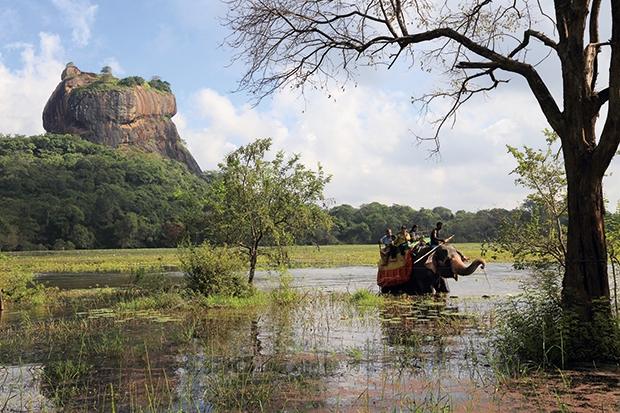For a genre that is frequently dismissed as dead, travel writing is proving a remarkably stubborn survivor. If anything, this year’s Stanford Dolman Travel Book of the Year Award, won by Horatio Clare with Down to the Sea in Ships, a very British tale of the container-shipping trade, demonstrated how the genre remains in remarkably good health, shrugging off its perennial obituaries with great élan. Bristling with literary talent, the shortlist took in Jens Mühling on Russia, Elizabeth Pisani on Indonesia, a homage to Paddy Leigh Fermor by Nick Hunt, Helena Attlee on Italy and Philip Marsden on Cornwall.
With John Gimlette, a previous winner of the same award for Wild Coast, a high-spirited exploration of South America, the reader in search of a thoughtful adventure is in good hands. A London-based lawyer when he is not on the road, Gimlette brings a brisk barrister-like inquisition to proceedings, allied with amiable good humour and a searching interest in the history of peoples and places. This bodes well for a small country that is much less well known than its giant neighbour to the northwest.
Beginning his journey a short bus ride from his home in southwest London, Gimlette wryly notes that the 8,000-strong British Tamil community in Tooting, all from the town of Velvettithurai, even has its own ‘internal crime wave’, courtesy of young toughs like ‘the Tamil Posse’ and ‘the Jaffna Boys’. The Tamils can be a disputatious lot and made an unlikely impression in north Norfolk in 2001, running amok with multiple stabbings on Wells beach after a pilgrimage to Walsingham went wrong.
Gimlette has assembled a splendidly eclectic cast of characters to illuminate this complicated nation, a tapestry of race, religion and caste still bearing the colonial imprint of the Portuguese, Dutch and British.








Comments
Join the debate for just £1 a month
Be part of the conversation with other Spectator readers by getting your first three months for £3.
UNLOCK ACCESS Just £1 a monthAlready a subscriber? Log in